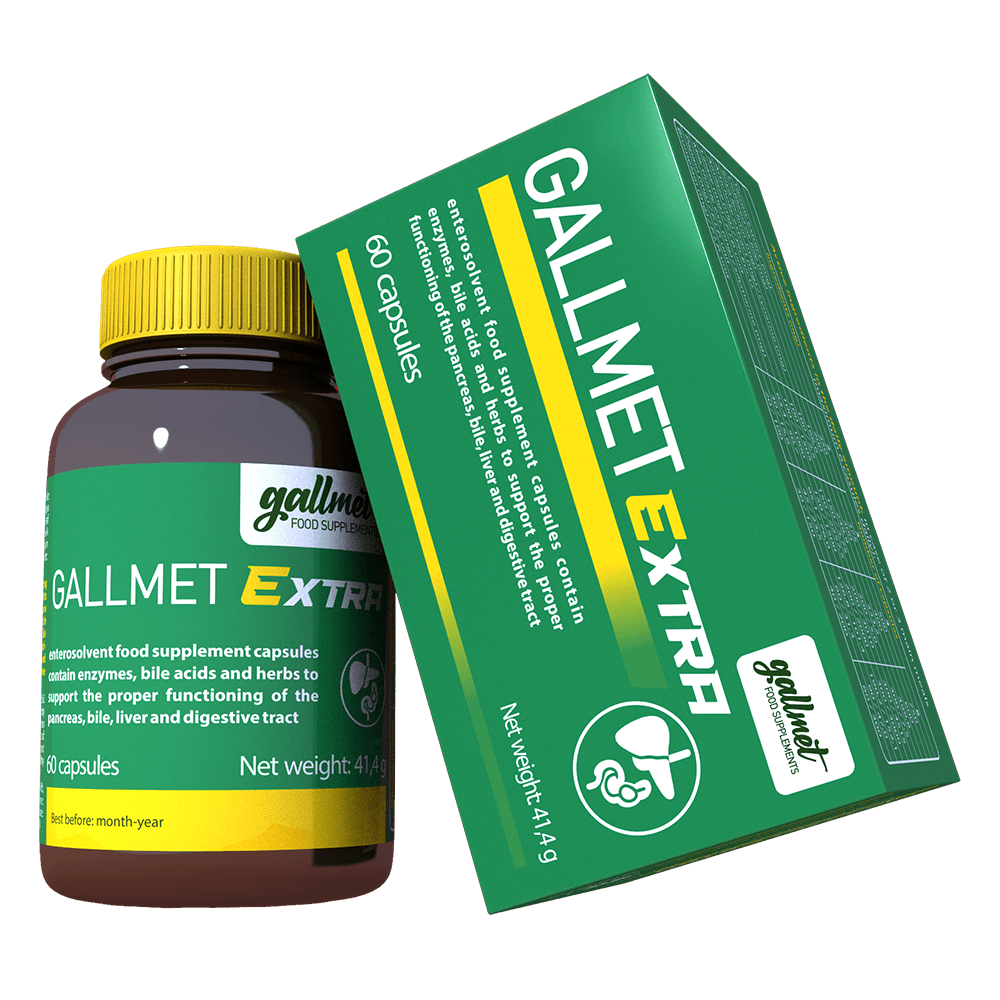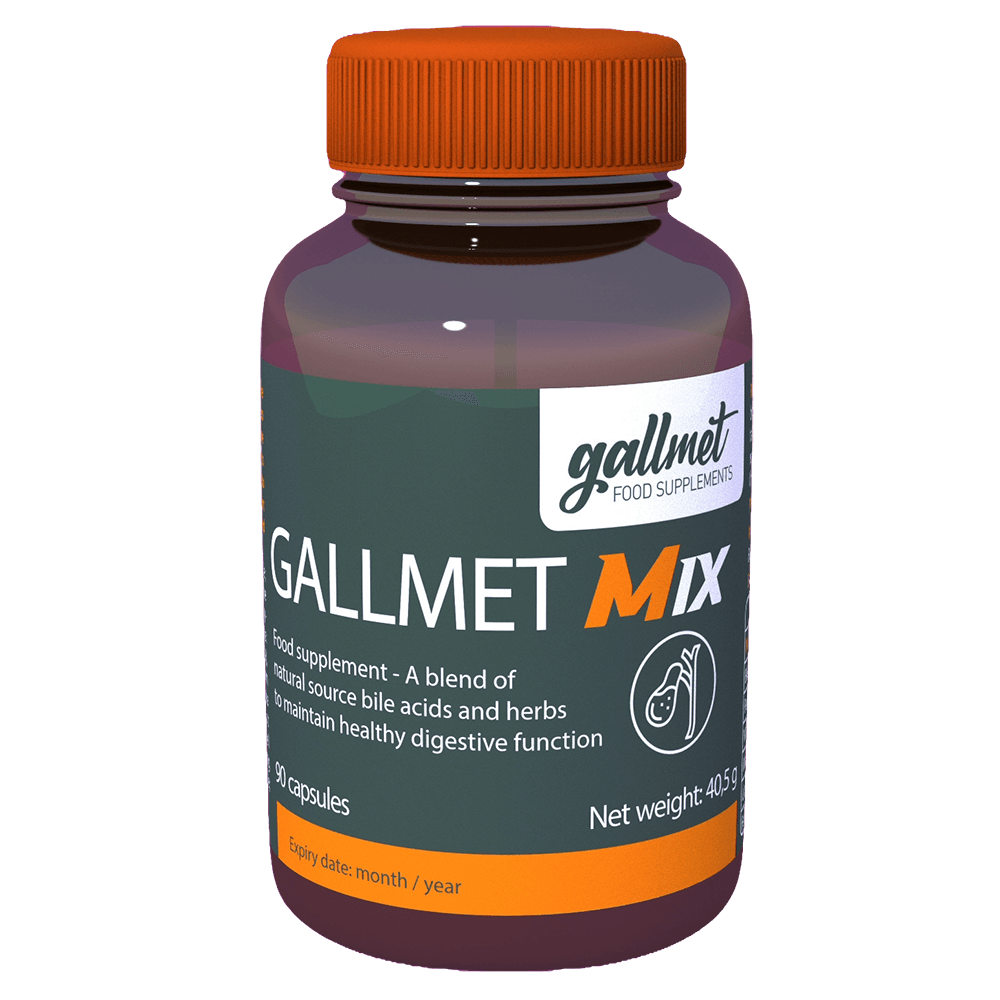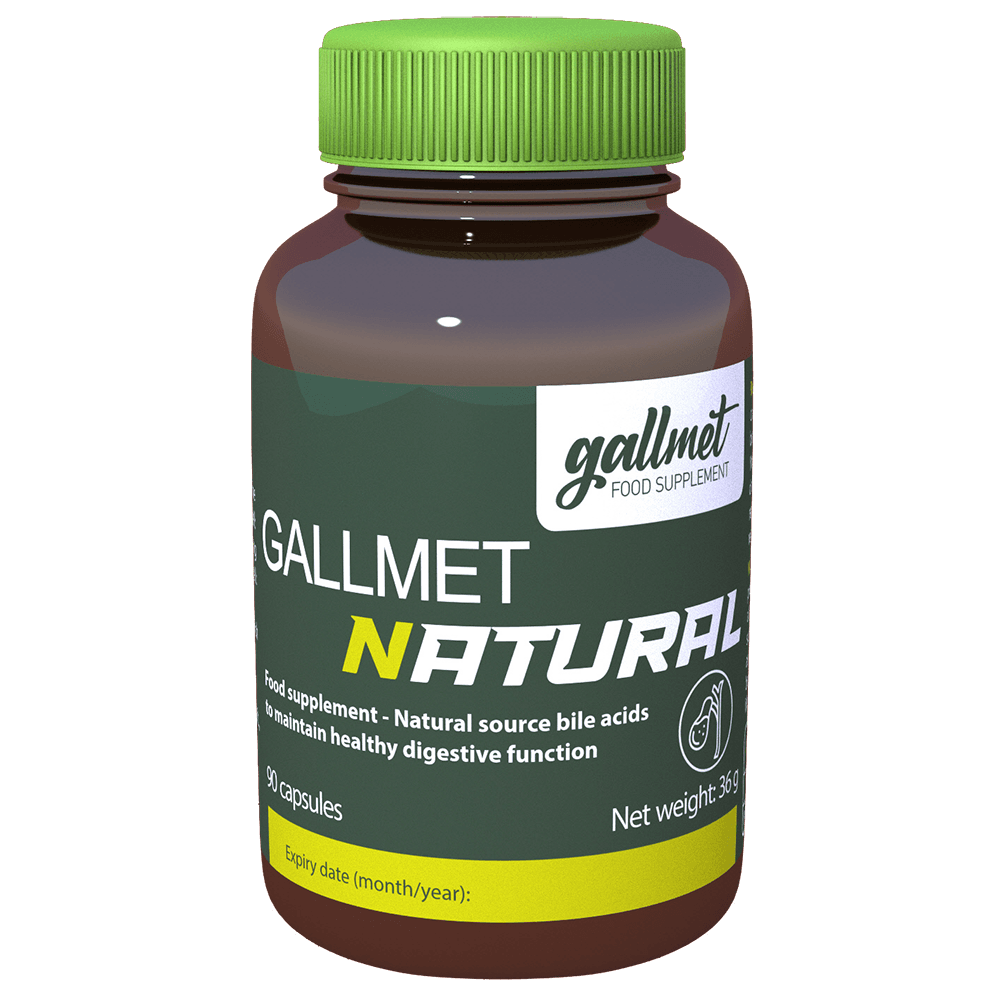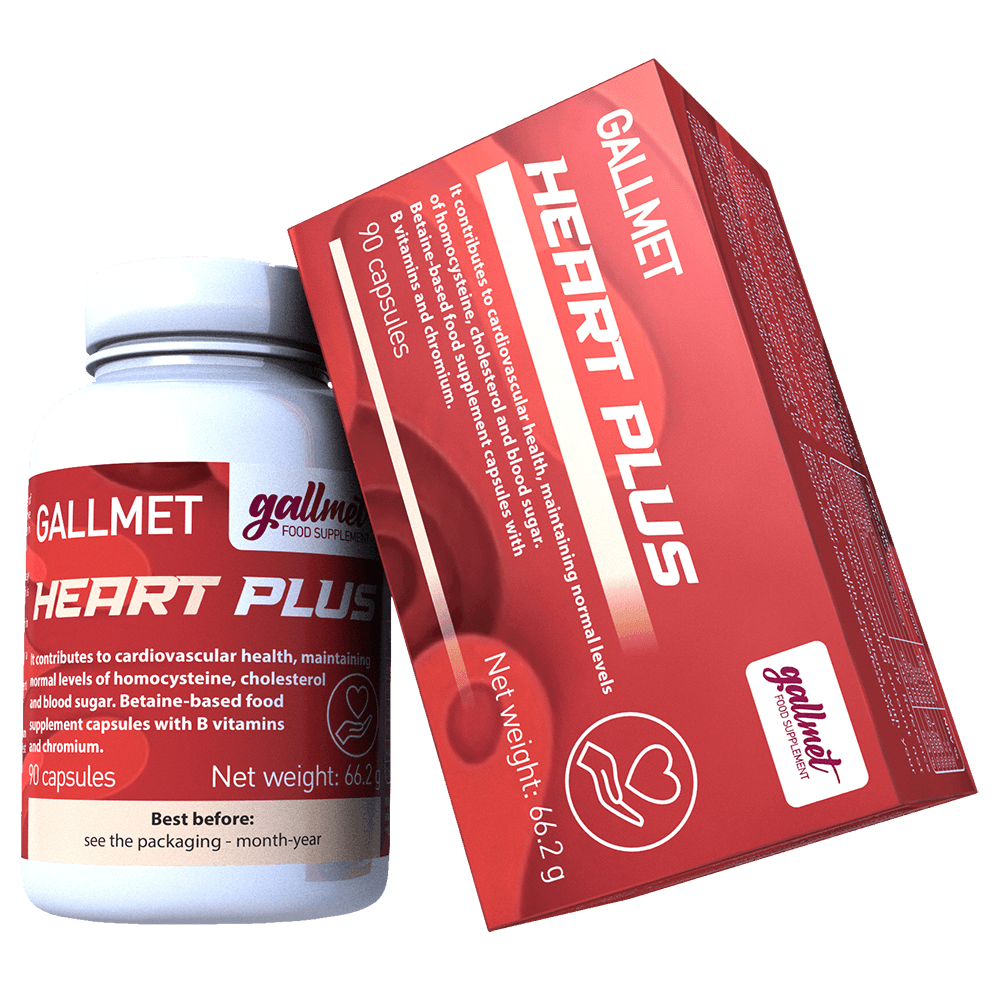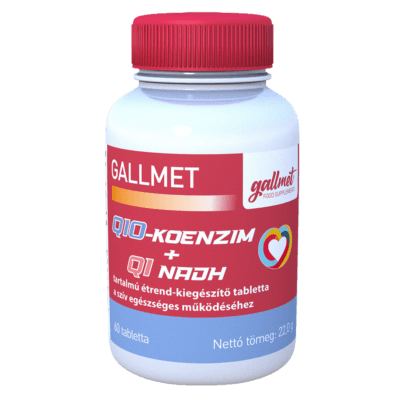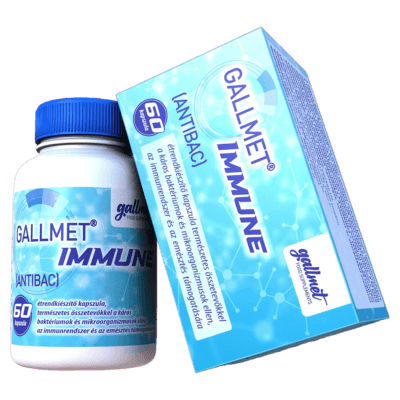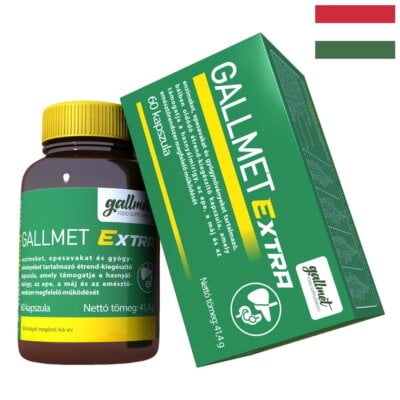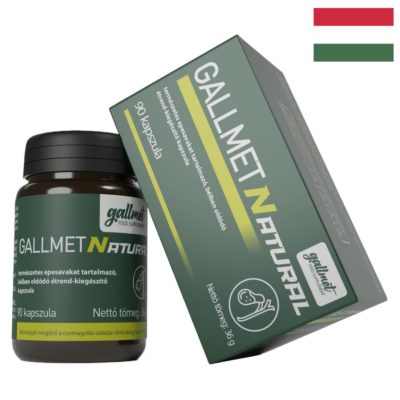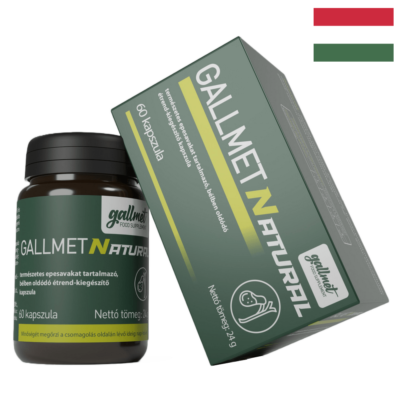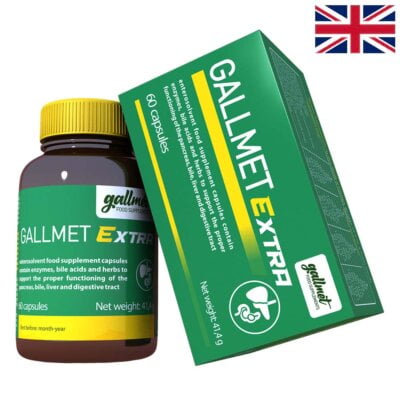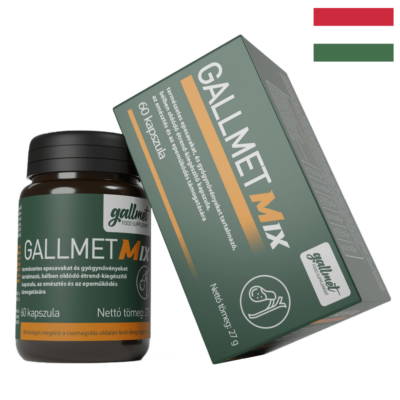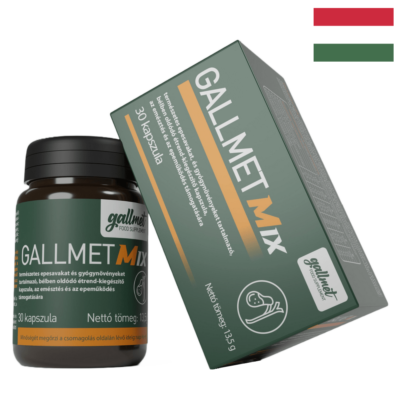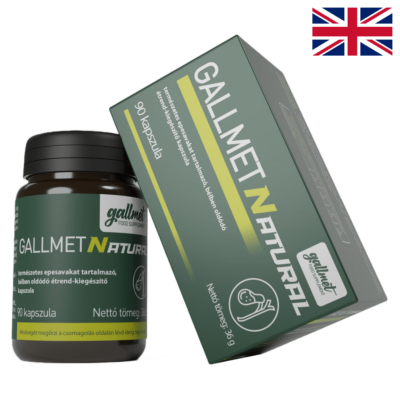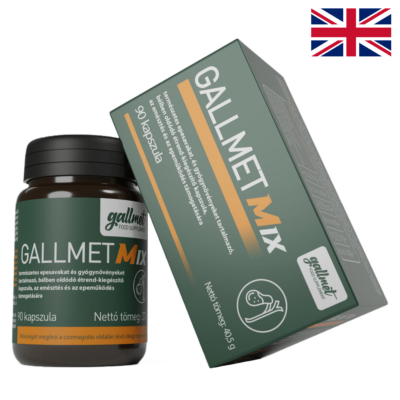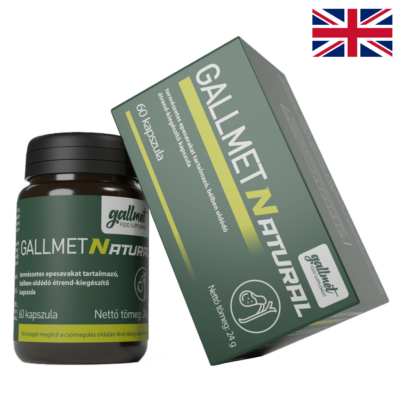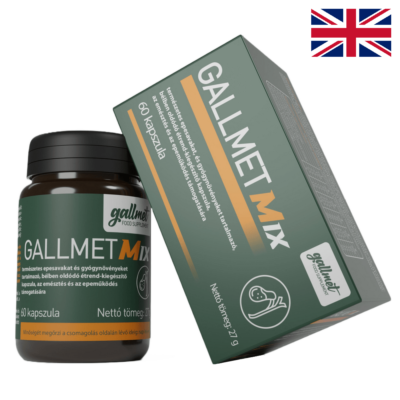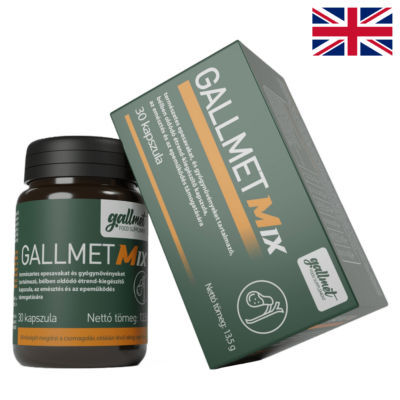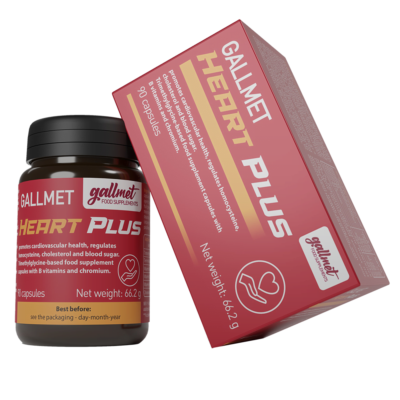Can we describe the heart attack?
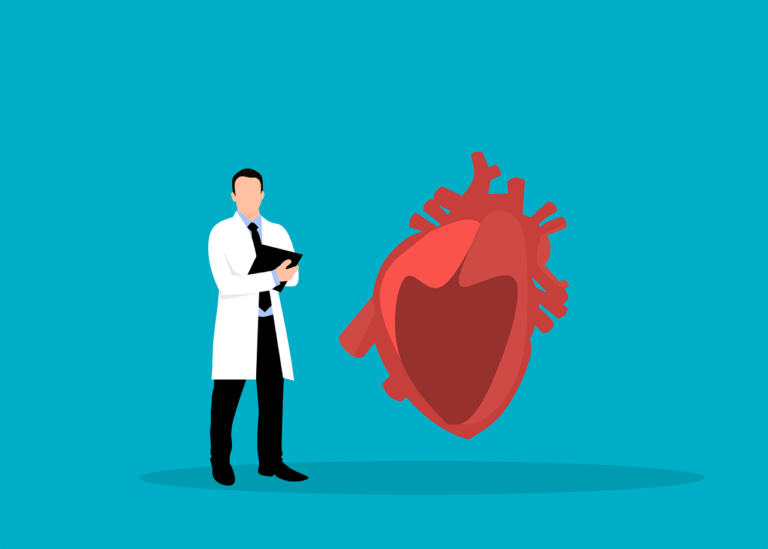
Title: Interview with Dr. Péter Légrády - Can we describe the heart attack?
Place of appearance: Hungarian Chronicle 1992.
- What was their research about?
- We have investigated the turnover and metabolism of bile and bile acids, which are so important in the turnover of fat, fat-like substances and fat soluble substances, and their obstruction, or in simple terms: the dysfunction of the liver and bile system. Thus, not only liver and biliary diseases (e.g. biliary tissue), but also diseases which are presumed to result from or to play a more or less important role in the dysfunction of this system, e.g. rheumatic diseases, migrate to, functional infertility...
- These are suspiciously diverse groups...
At the level of organs, they may indeed appear to be diverse. But if you go down to the cellular level, to the molecular level, they are not. The role of bile acid as a "soap" (detergent) in metabolism: this is the key concept, the common denominator. And it is precisely at this point that we suspected and found the moments that inevitably change the approach to the whole issue.
-High cholesterol was not mentioned, although...
- Cholesterol was really not a concern for us initially. A fashionable topic, eager specialists: why should we care?
...although this has now become their main policy. I suppose there's a reason...
- The animal-human body needs a lot of cholesterol to function, and excess cholesterol is eliminated through the liver's peripheral system. Well, in the course of our work, we developed a method of investigation that precisely detects the malfunctions of the liver's metabolism, including the bile acid metabolism, and it was obvious to us that if the excess and therefore extremely harmful cholesterol does not disappear, then there is a defect in the elimination of cholesterol, because this is the only possible natural way of getting rid of cholesterol. This is what we have mapped out, the disturbance of cholesterol elimination; and here bile acids are key. Cholesterol is broken down into bile acids, which are then excreted directly into the bile.
- How is this understanding of cholesterol different from the one that has been accepted around the world?
- Others ask: why is there too much cholesterol in the body? how can we avoid it? These questions suggest restricting external intake, i.e. diet, and since this is not sufficiently effective in the long term, increasingly harsh drugs. We ask why excess cholesterol is not broken down, where is elimination stuck? In other words, we consider it to be the primary cause of high blood cholesterol - in the majority of cases - and a diet low in cholesterol to be unnecessary or even harmful in excess: cholesterol absorbed in the diet has a regulatory role in the formation of cholesterol internally, i.e. in the body. By normalising the defective elimination of cholesterol, the use of expensive and harmful side-effects of drugs could be significantly reduced.
- This seems theoretically reasonable and logically easy to understand. And in practice?
- Hundreds of our patients have had their cholesterol levels permanently reduced by an average of 30% without a torturous diet and without adverse side effects from drugs, by eliminating the elimination disorder.
Needless to say, there is a positive economic aspect to all this: the cost of treatment and the ability of the treated to live and work without interruption.
GALLMET products are available in ALL Hungarian pharmacies and herbal shops or can be ordered!
Click on the [print-me] icon to print the page

